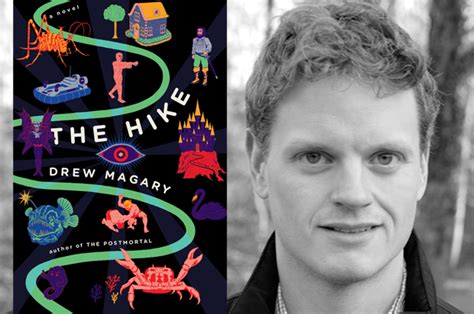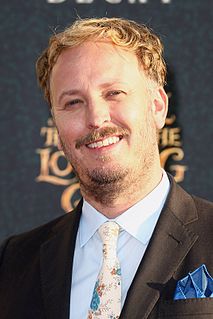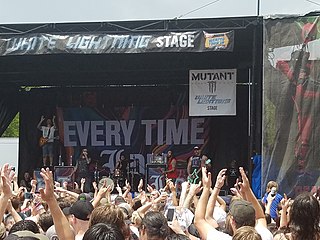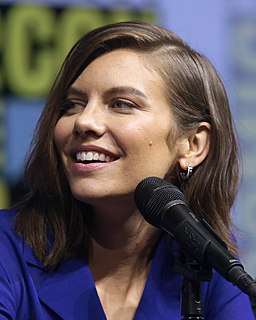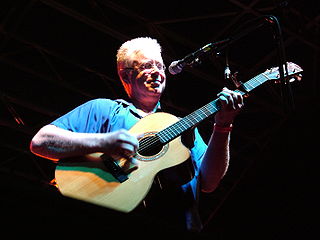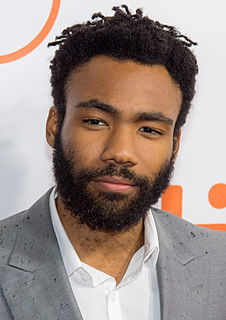Цитата Дрю Магари
Думаю, мне больше нравилось писать роман. Понятно, что выгоднее. Это тот самый марафон, когда это отстой, когда ты это делаешь, но в конце ты гордишься собой, и ты сделал это, и, по крайней мере, никто не может отнять это у тебя.
Связанные цитаты
Реальность, в которой мы росли, была очень молодой и яркой, и эту часть Индии никто не захватывал. Я начал заниматься рюкзаком после окончания колледжа. Я путешествовал и делал много вещей, которые в Индии вообще никто не запечатлел в искусстве, поэтому я написал свой первый роман. Это был очень триповый, полный переживаний роман, и в итоге он очень хорошо зарекомендовал себя в Индии, потому что в то время об этом никто не писал.
Я думаю, что я пытался сделать мир лучше. Я думаю, это то, что действительно важно. Никто не помнит, кто продал больше всех тог в Риме. С точки зрения наследия, люди помнят великих злодеев больше, чем великих героев. Так что я думаю, как вы относитесь к себе, это самый важный вопрос. Что вы говорите о себе, когда кладете голову на подушку? Вы действительно гордитесь тем, что вы делаете, и тем, как вы это делаете? Я думаю, что это действительно фундаментальный вопрос.
Никому не стоит говорить, что их роман отстой, если у вас нет идеи, как сделать его лучше, как подойти к нему с разных сторон и заставить его работать. Очевидно, что это субъективный процесс, верно? Но дело в субъективности, по крайней мере, в классе, заключается в том, что вы делаете ставку на субъективность вашего преподавателя как на личную, так и на профессиональную — что он или она имеет какое-то представление о мире за пределами семинара.
Думаю, Д. Г. Лоуренс очень хорошо определил разницу между написанием статьи и написанием романа. Он сказал, что при написании романа писатель должен быть в состоянии эмоционально и интеллектуально идентифицировать две, три или четыре противоречивые точки зрения и дать каждой из них очень убедительный голос. Это как играть в теннис с самим собой, и ты должен быть по обе стороны двора. Вы должны быть с обеих сторон или со всех сторон, если их больше двух.
Я думаю, что по большей части у меня был довольно хороший опыт работы с людьми, которые режиссировали мои сценарии. Скорее, я хотел увидеть, на что это было бы похоже, если бы мне не нужно было ни с кем сотрудничать, чтобы иметь ощущение чистоты всего от начала до конца. Мне понравилось это делать. Это действительно отличается от письма. Режиссура — это более прагматичный опыт, когда вам приходится иметь дело с ограничениями времени и денег, которые вынуждают вас принимать определенные решения, которые вам не нужно принимать, когда вы пишете.
Я действительно верю, что случай благоволит подготовленному уму. Уоллес Стегнер, который был одним из моих учителей, когда я учился в Стэнфорде, проповедовал, что написание романа — это не то, что можно сделать за один спринт. Что это марафон. Вы должны темп себя. Он сам писал по две страницы каждый день и давал себе выходной на Рождество. Его аргумент был в том, что в конце года, несмотря ни на что, у вас есть 700 страниц, и должно быть что-то стоящее.
Вы становитесь писателем в телешоу и видите, что делаете больше и лучше, вы не ждете, пока вам скажут: «Вот способ делать больше и лучше», вы начинаете писать. Вы начинаете писать тот материал, который вы могли бы делать в стороне. Никто не собирается платить вам за это, но это может обернуться чем-то большим.
Иногда ловлю себя на том, что делаю что-то, что уже делал. Чем больше я сделал, тем больше вероятность того, что это произойдет. Потом просто выбрасываю. Я жду, пока у меня не появится правильный способ сделать что-то, что означает, что мое написание песен идет очень медленным темпом. Но это единственный способ, которым я действительно могу работать.
